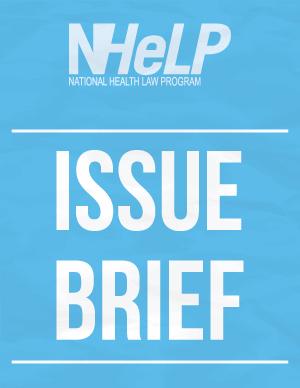- Abigail Coursolle
- Alejandra Pavisich
- Alejandra Pavisich
- Alexis Robles-Fradet
- Alicia Emanuel
- Amanda Avery
- Amy Chen
- Andy DiAntonio
- Arielle Linsey
- Brian Brooks
- Candace Gibson
- Carly Myers
- Cassandra LaRose
- Cat Duffy
- Catherine McKee
- Cathren Cohen
- Charlie Blodnieks
- Charly Gilfoil
- Cheyenne Peters
- Christina Piecora
- Corey Davis
- Dania Douglas
- Daniel Young
- David Machledt
- Deanna Hartog
- Elizabeth Edwards
- Elizabeth G. Taylor
- Emma Parker-Newton
- Eskedar Girmash
- Fabiola De Liban
- Georgesula Ziama
- Geron Gadd
- Hannah Eichner
- Hayley Penan
- Héctor Hernández-Delgado
- Ian McDonald
- Jane Perkins
- Jasmine Young
- Jennifer Lav
- Joe McLean
- Jules Lutaba
- Kally Xu
- Kasey Nichols
- Kavisha Prajapati
- Kimberly Lewis
- Leonardo Cuello
- lhigashi
- Liz McCaman Taylor
- Madeline Morcelle
- Mara Youdelman
- Margaret Okakpu
- Maya Levin
- Michelle Lilienfeld
- Michelle Yiu
- Miriam Delaney Heard
- Mizue Suito
- Priscilla Huang
- Rachel Holtzman
- Rolonda Donelson
- Sarah Grusin
- Sarah Somers
- Skyler Rosellini
- Susan Berke Fogel
- T. Nancy Lam
- veng
- Walter Hsiang, MD
- Wayne Turner
- Zamir M. Brown
- Show all
- Alabama
- Alaska
- All United States
- Arizona
- Arkansas
- California
- Colorado
- Connecticut
- Delaware
- District of Columbia
- Florida
- Georgia
- Hawaii
- Idaho
- Illinois
- Indiana
- Iowa
- Kansas
- Kentucky
- Louisiana
- Maine
- Maryland
- Massachusetts
- Michigan
- Minnesota
- Mississippi
- Missouri
- Montana
- National
- Nebraska
- Nevada
- New Hampshire
- New Jersey
- New Mexico
- New York
- North Carolina
- North Dakota
- Ohio
- Oklahoma
- Oregon
- Pennsylvania
- Rhode Island
- South Carolina
- South Dakota
- Tennessee
- Texas
- Utah
- Vermont
- Virginia
- Washington
- West Virginia
- Wisconsin
- Wyoming
- August 31, 2017
Access to Mental Health Services for Children with Special Health Care Needs
Read moreChildren with special health care needs (CSHCN) are a particularly vulnerable population who use an array of mental health services. CSHCN are at increased risk for chronic physical, developmental, behavioral or emotional conditions and require health and related services beyond that required by children generally. In the fall of…
- June 30, 2017
Protect Medi-Cal Funding, Women Living with HIV
Read moreCalifornia's Medicaid program, Medi-Cal, covers nearly 30,000 Californians living with HIV. Women living with HIV are disproportionately women of color, and their communities benefit significantly from access to health care through Medi-Cal. The Senate Republican's bill to repeal the Affordable Care Act and gut Medicaid funding would endanger California's…
- June 19, 2017
Protect Medi-Cal Funding Series, Health Disparities
Read moreCalifornia's Medicaid program, Medi-Cal, is critical to addressing health disparities, providing health care coverage to people of color to at least 68 percent of its enrolled population. In the sixth Issue Brief of a 12-part "Protect Medi-Cal Funding," series, NHeLP Senior Attorney Fabiola Carrión explains how federal cuts to Medicaid…
 May 19, 2017
May 19, 2017Protect Medi-Cal Funding Series, Women’s Health in California
Read moreCalifornia's Medicaid program, Medi-Cal, is vital to the health of millions of women in the state, providing access to quality care for low-income patients, but that care is threatened by proposals pending Congress. In the second of a 12-part "Protect Medi-Cal Funding," series, NHeLP Senior Attorney Amy Chen explains how…
- February 8, 2017
Medicaid and CHIP Reimbursement Models for Language Services
Read moreManaging Attorney of the DC Office Mara Youdelman examines the responsibilities of state health providers pursuant to civil right laws that require Medicaid and CHIP programs to provide language access services to Limited English Proficient (LEP) persons. Some states are accessing federal funding to help bolster language access services,…
